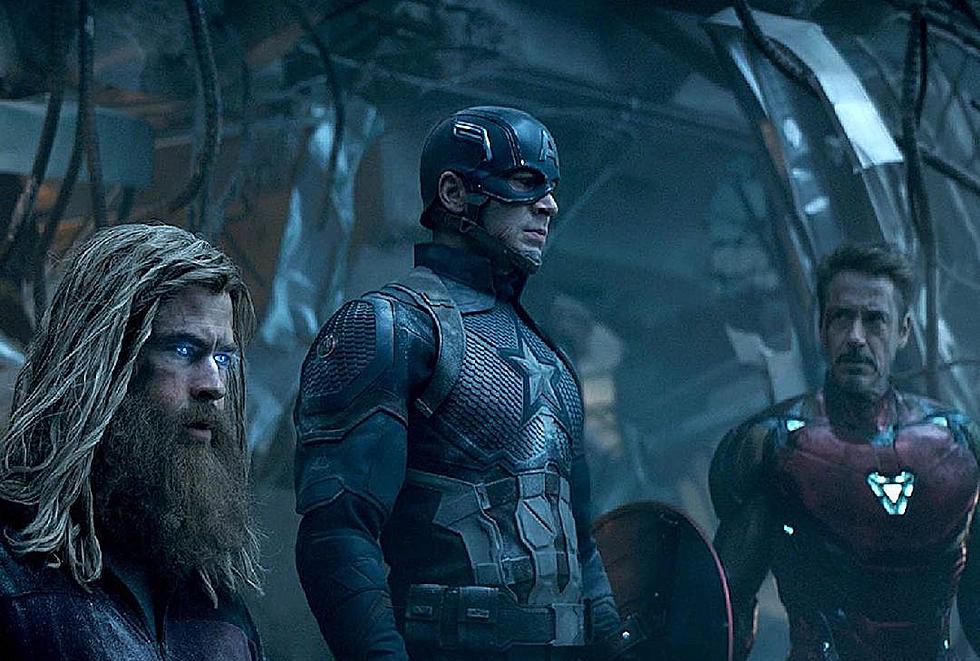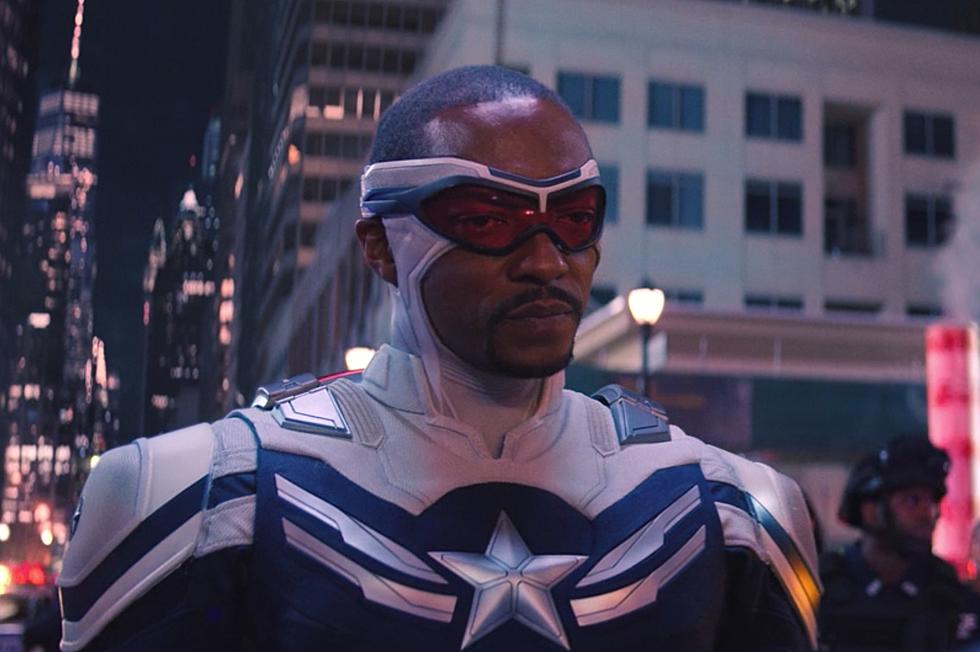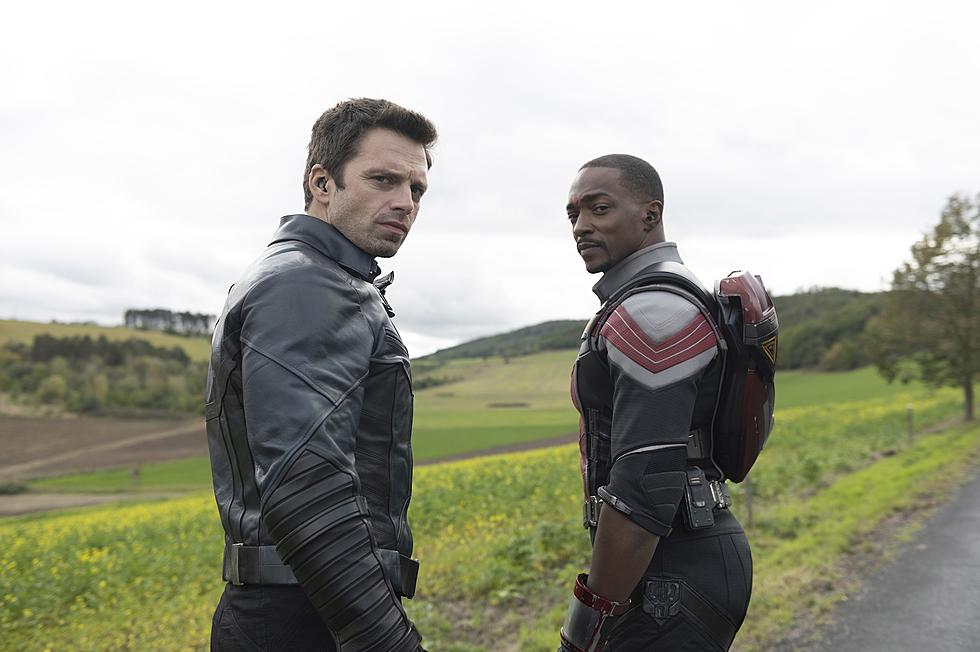
This Magazine Kills Fascists: Captain America And The Secret Empire
In the wake of a shocking election, much of the world is stunned that a man as hateful as Donald Trump could be elected President of the United States. In this new recurring feature, This Magazine Kills Fascists, we’ll look at times comic books and superheroes have dealt with tyrannical, corrupt and outright fascist world leaders --- not because we think we can find a solution, but because art can provide inspiration in the face of oppression.
Captain America was created by Joe Simon and Jack Kirby to fight Nazis, but by the '70s the kind of threats the world faced were more subtle and complex than the time he was created. In 1974’s “Secret Empire,” by Steve Englehart, Mike Friedrich and Sal Buscema, Captain America and The Falcon learned the hard way how easily swayed a populace can be, and how high a corrupt politician can rise through the ranks.
The story starts innocuously enough, with a media personality inciting hatred. Initially, it’s just hatred of one man, Captain America. They say, in effect, “Captain America doesn’t represent 'real' Americans, and he’s a criminal” --- and slowly that’s what people come to believe. The whole process is even funded by “The Committee To Regain America’s Principles,” which certainly sounds like another, catchier phrase we’ve heard bandied around for the last 18 months.
The Committee’s message becomes so ingrained in the minds of the American public that Captain America’s record of public service is all but irrelevant. The man on the TV keeps saying he’s a criminal, so there must be something to it.
Going on the run, Captain America and The Falcon encounter a group of persecuted individuals known as The X-Men who inform them that the Secret Empire is attempting to stage a coup and overthrow the American democracy.
While the Secret Empire’s plan is full-on comic book science fiction that involves a literal wheel of mutants powering their machines, a lot of their methodology is very familiar. They use propaganda to sway the public, they aim to rule through fear and terror, and they even all wear hoods like the KKK. The threat they pose to America is one that is unfortunately as real today as it was in the ‘70s.
Number One, the leader of the Secret Empire, attempts to get away by rushing into the White House, and it’s in the Oval Office that Steve Rogers unmasks him. Although we never see his face, it’s clear from the dialogue that the leader of the Secret Empire is the President of the United States himself.
The idea of a leader trusted to serve his country then stepping out of line and committing atrocities because they feel “too constrained by legalities” is one of the ultimate fears of any civilization, and it’s a fear that we now face once again. America has a President-elect who actively encourages the torture of terror suspects, and who is a self-proclaimed sexual harasser. One thing Donald Trump has never had to worry about is being “constrained by legalities.”
I knew that “Secret Empire” was a response to Watergate before I re-read it --- Cap even name checks the scandal in the story --- but the final issue has a cover date of July 1974. By that point, the smoking gun recording hadn’t yet been discovered, and Nixon wouldn’t resign until August 8 of that year. Richard Nixon was still in power throughout the entire creative process behind this storyline, which shows just how disillusioned the country was over the course of that two-year period.
“Secret Empire” ends in a place that’s going to seem familiar to a lot of us right now. After seeing just how twisted American ideals can become, Captain America is broken and disillusioned, and it’s hard to blame him. When Number One kills himself on the floor of the Oval Office, he effectively killed Captain America as well. Steve Rogers himself says, “Captain America must die.”
That sense of resignation is likely a feeling a lot of people are going through right now. However, Marvel still published Captain America comics. Steve Rogers found a way to carry on, and hopefully so can we. Millions of marginalized people now face fresh dangers, so it's too simplistic to say, "We will survive," but we can fight back. We have to fight back.
There are a number of worthy causes already leading the charge in the fight back. If you can, please consider donating to any of the following institutions:
American Civil Liberties Union
Planned Parenthood
The Trevor Project
Trans Lifeline
Standing Rock
Council on American-Islamic Relations
National Immigration Law Center
More From WGBF-FM










